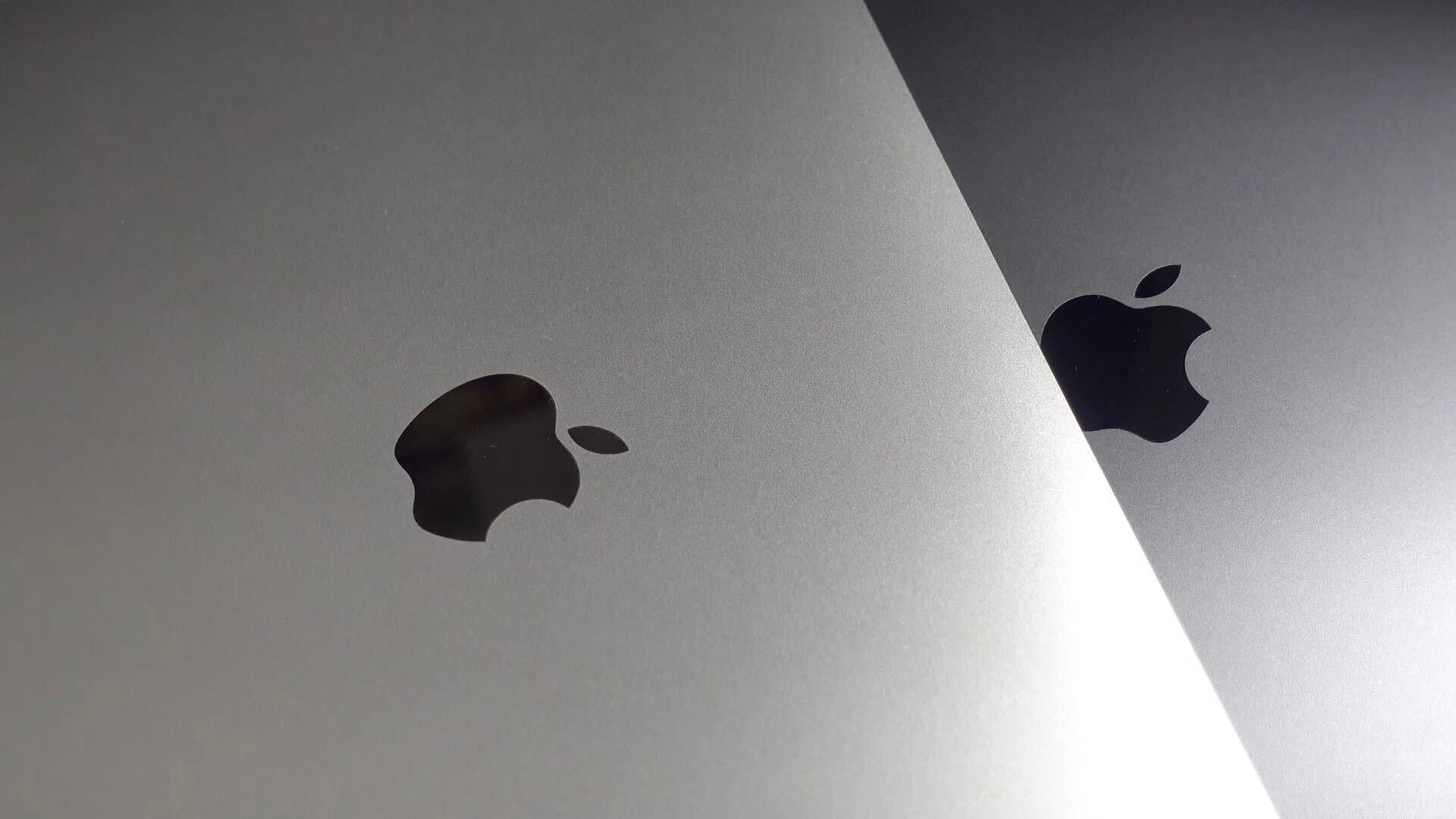ResearchKit


Back in 2019, Apple announced three new health research studies based on data collected from the iPhone and Apple Watch. To coincide with International Noise Awareness Day on April 26, the company shared updates on its Hearing Study conducted in partnership with the University of Michigan.
Expand Expanding Close
Preliminary findings from the Apple Women’s Health Study show that menstrual cycle tracking on iPhone and Apple Watch has the potential to detect risk factors for serious health conditions.
The team behind the study said that this is an under-researched area, and the data from 50,000 study participants is advancing the science in this field …
Expand Expanding Close
Apple Watch Parkinson’s monitoring was one of the things Apple demonstrated when it first announced ResearchKit, back in 2015. But a new developer partner has now taken this idea to a whole new level.
Rather than just gather aggregated data to help researchers, a new app can gather personalized data to provide doctors with much more reliable data for individual treatment …
Expand Expanding Close
Apple on Tuesday updated its Apple Research app with the option to transfer study progress to another device via iCloud backup. The feature is part of version 2.3 of the app, which is now available on the App Store.
Expand Expanding Close
After announcing ResearchKit 2.0 last week, Apple has shared more specifics on what the latest version will offer in iOS 12. Features include new speech recognition and speech in noise tasks, a new PDF viewer, a refreshed UI, and more.

Apple is adding a new “Movement Disorder API” to its open-source ResearchKit framework that will allow Apple Watch to continuously monitor Parkinson’s disease symptoms.


WebMD has launched a new version of its pregnancy app that uses Apple’s ResearchKit framework to easily conduct user surveys. The Healthy Pregnancy Study relies on ResearchKit to “easily and anonymously answer questions, and share connected device data about their pregnancies with researchers for analysis” according to WebMD.


A new clinical observation study published today by Nature Biotechnology (via The Verge) includes findings from an asthma test based on Apple’s ResearchKit framework. The asthma app relies on the iPhone app to voluntarily collect information, and the published study shows that such an approach can produce results.


It’s almost exactly a year since we learned that Apple was making ResearchKit available to big pharmaceutical companies and GlaxoSmithKline would be using the platform to carry out clinical studies. GSK has now announced the first of those studies.
The study will use the GSK PARADE iPhone app to conduct surveys and use iPhone sensors to collect and track common symptoms of rheumatoid arthritis: joint pain, fatigue, and mood. It will also track activity and quality of life measures for 300 patients over a three-month period.
The company says that it sees significant benefits by collecting data via ResearchKit …


Earlier today, Tim Cook opened Startup Fest in Amsterdam with an interview during which he made several comments about Apple’s ambitious goals in the health industry. Now, a new job listing has surfaced that reveals Apple is looking to hire a high-level lawyer who specializes in health privacy regulations. The job listing was initially posted yesterday (via Business Insider).


Apple last month announced that it was expanding the capabilities of ResearchKit with CareKit, and today the company revealed that researchers can now integrate genetics into their ResearchKit apps with a new 23andMe module. 23andMe is a popular personal genomics and biotechnology company based in Mountain View, California. With support for genetic information in ResearchKit apps, researchers will more easily be able to look for information relating to illness and disease and make associations.


Apple has started collecting some of the research data that users submit through apps using the company’s ResearchKit platform for the first time.


While most people know that normal body temperature is 98.6F/37C, your actual temperature can vary quite a bit during the course of a day, and that can make diagnosing fevers trickier than it might seem. To help get more accurate baseline data, the Boston Children’s Hospital wants your help in logging temperature data across a day.
Fever is one of the most common signs of illness and causes anxiety to many. Doctors still struggle with determining the cause of a fever. In addition, “normal” and “febrile” temperatures vary between individuals.
Better understandings of how body temperature varies between individuals and identification of disease fever patterns (“feverprints”) could allow doctors to make faster, more accurate diagnoses.
The Feverprints app uses the ResearchKit framework to collect the data. The app of course has no way to measure your temperature, so you’ll need to do that manually, though there are inexpensive Bluetooth thermometers available to make the job a little easier.
Apple recently launched a new CareKit framework, which provides patients with health data they can share with their physicians and carers.
Via Gizmodo


It’s been just over a year since Apple’s Jeff Williams first introduced ResearchKit on stage, and today the Apple COO returned to present the latest developments in Apple’s medical research effort. Williams revealed that the largest Parkinson’s study in history happened using ResearchKit. Following the success of both the HealthKit and ResearchKit frameworks, Apple is today introducing a new framework called CareKit. The first app to use this new framework will focus on Parkinson’s.


IBM today announced that it’s launching the first app that will run on its new Watson Health Cloud for ResearchKit — SleepHealth — as it also makes that platform available to researchers building their own apps that work with Apple’s ResearchKit.


In a radio interview on the syndicated show Conversations on Health Care, Apple COO Jeff Williams said that the reason Apple has come under attack for the use of child labor in its supply chain is that the company actively goes out looking for it. Other companies, he said, simply keep their heads down.
No company wants to talk about child labor. They don’t want to be associated with that. We shine a light on it. We go out and search for cases where an underage worker is found in a factory somewhere and then we take drastic actions with the supplier and the labor groups to try and make a change.
Then we report it publicly every year. We take a lot of heat for that. But we think the only way to make change is to go hit it head-on and talk about it.
Apple has come under fire over the years when underage workers were found in the company’s supply chain, and Williams has spoken before about Apple’s unusual stance on these issues …


iPhones have already been used for an impressive number of medical applications. We’ve seen them used to screen for skin cancer, manage diabetes, prevent blindness, provide eye examinations and diagnose everything from sleep apnea to bipolar episodes. But the next step could be a $250 organic chemistry lab we can carry in our pocket.
The WSJ has been talking to a couple of startups working in this field, including 6SensorLabs which has a device that can – with the help of a smartphone – detect whether a food really is gluten-free.
The Nima from 6SensorLabs is an organic-chemistry lab small enough to carry in your pocket. Right now it is only good for one thing: detecting gluten in foods at minuscule concentrations, as little as 20 parts per million, the FDA’s threshold for declaring a food “gluten-free.”
The company says that this could be just the start, with future versions able to detect the bacteria that cause food poisoning …

Apple has today announced an expansion of ResearchKit into studies for autism, epilepsy and melanoma. ResearchKit enables people to conduct distributed scientific research studies from an iPhone app, enabling higher participation rates than traditional medical research can provide. The new studies are being run by researchers in Duke University, Johns Hopkins and Oregon Health and Science University.
ResearchKit is open-source. In the same statement, Apple says that over 50 researchers have already contributed to the project.


Apple’s ResearchKit system is going international for the first time since its launch earlier this year with Stanford University’s MyHeart Counts app being made available for UK and Hong Kong iPhone users. The MyHeart Counts app was among the initial iPhone-based research study apps that debuted this year. Stanford said just after the app’s release that ResearchKit did in 24 hours what would ordinarily take 50 medical centers a year to accomplish.
Expand
Expanding
Close

First pitched by Steve Jobs in 2007 as “an iPod, a phone, and an Internet communicator,” the iPhone has since evolved into a medical device of sorts as software has gotten smarter and sensors have become more advanced in recent years.
Apple embraced this with iOS 8 and the rollout of HealthKit, a framework which allows medical and health apps to share data with each other and your doctors with your permission. Apple’s open source ResearchKit took it a step further by allowing developers to turn apps into scientific health and medical research tests.
Scientific American recently profiled three smartphone apps in development that point to how the iPhone could become even better at monitoring our health. The apps in development aim to determine what a patient’s cough means, diagnose sleep apnea, and even predict a bipolar episode before it starts…
Expand
Expanding
Close

A few days after Buzzfeed revealed that Purdue Pharma was investigating the use of Apple’s ResearchKit platform to assist in developing new drugs, the piece has been updated to reveal that GlaxoSmithKline has similar plans.
GlaxoSmithKline, one of the world’s largest drug developers, told BuzzFeed News it is “currently working on integrating (ResearchKit) into clinical trials and planning to start in coming months.”
While some had assumed that ResearchKit would be used to assist only with not-for-profit research, Apple said that the company is willing to make the platform available to “anybody that is going to make an impact on people’s health” …
Expand
Expanding
Close

Apple’s ResearchKit platform has received a significant amount of praise since its launch earlier this year alongside iOS 8.2, and now researchers are looking into new ways to take advantage of the platform. BuzzFeed News today published an interesting report detailing how Purdue Pharma is investigating using ResearchKit to aid in its drug R&D efforts, in the first for-profit use of the platform.
“We know that all these changes in tech are going to impact health care, but we don’t know exactly how,” Larry Pickett Jr., Purdue’s vice president and chief information officer, said. “People have been talking about it for a long time, but haven’t been able to figure out how to leverage that data and take advantage of it. My team views ResearchKit as a very significant milestone in being able to move that capability ahead.”
The company has looked into the platform, but has not yet decided to build on app or decided what kind of data to collect. While some questioned Apple’s willingness to work with drug companies like Purdue Pharma, best known for OxyContin painkillers, Apple senior VP of operations Jeff William explained that Apple is willing to work “with anybody that is going to make an impact on people’s health.”
Purdue would be the first pharmaceutical company to develop a ResearchKit app, should it decide to enter the market. Other drug companies told BuzzFeed that they have no interest in the platform at this point, including Gilead Sciences and Pfizer.
Apple earlier this year partnered with IBM to share data collected with HealthKit and ResearchKit with companies like Johnson & Johnson and Medtronic.


Apple’s ResearchKit platform debuted earlier this year alongside iOS 8.2 and has been gaining traction ever since then. Today, LifeMap Solutions, a company taking advantage of ResearchKit, posted the first official entry on Apple’s official ResearchKit blog. In the post, the company discussed its launch of Asthma Health, which was one of the inaugural apps built on ResearchKit.


Apple is working on a plan that could give the company and its research partners access to consumer DNA, a new report suggests. The data would be collected by research partners and stored in an online cloud to be used in medical studies, such as one run by the University of California that examines the DNA of expectant mothers to help pinpoint the causes of premature birth.